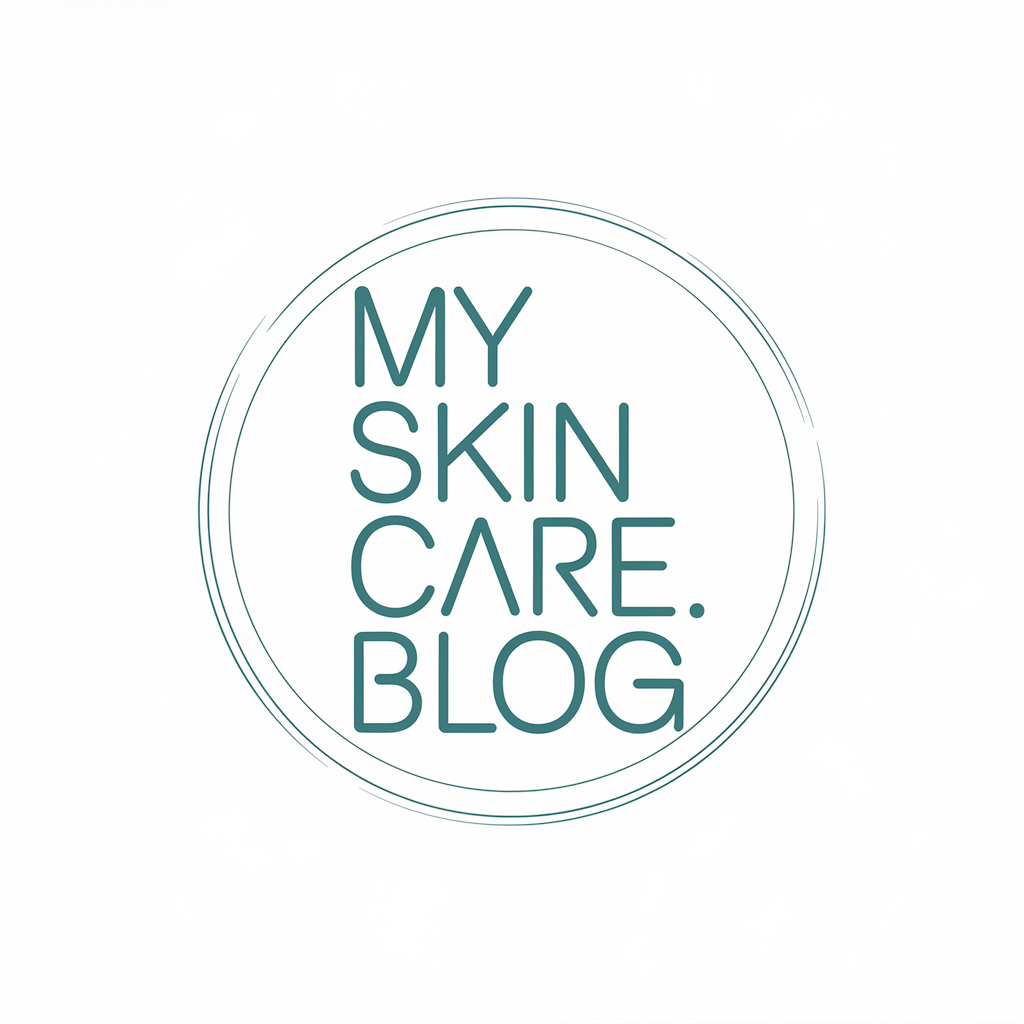The Connection Between Stress and Breakouts
Key Takeaways
- Elevated stress levels trigger the release of cortisol, increasing oil production in the skin and leading to breakouts.
- Hormonal fluctuations caused by stress can result in clogged pores and inflammation, exacerbating acne issues.
- Excess oil from stress can worsen existing blemishes and hinder their healing process.
- Stressors like work pressure, poor sleep, and personal conflicts can directly impact skin health and lead to acne flare-ups.
- Implementing stress management techniques, such as mindfulness and regular exercise, can improve skin clarity and reduce breakouts.
Understanding Stress and Its Impact on the Body
As you experience stress, your body undergoes a series of physiological changes that can significantly impact your overall health.
Elevated stress levels trigger the release of cortisol, which may lead to increased oil production in your skin. This excess oil can clog pores, creating an environment conducive to acne development. Understanding this connection is crucial for managing stress and maintaining healthier skin. Additionally, managing psychological stress is essential for reducing acne flare-ups and promoting skin clarity.
The Hormonal Connection: How Stress Affects Acne
The link between stress and acne is largely hormonal. When you experience stress, your body produces hormones that can disrupt skin health.
This hormonal fluctuation can lead to:
- Increased oil production
- Clogged pores
- Inflammation
- Acne flare-ups
Understanding this connection helps you recognize that managing stress is key to maintaining clearer skin and reducing breakouts effectively. Additionally, implementing overnight solutions can provide immediate relief and improve your skin’s appearance by morning.
The Role of Cortisol in Breakout Development
Cortisol, the body’s primary stress hormone, plays a significant role in the development of breakouts.
When you’re stressed, cortisol levels rise, signaling skin glands to produce more oil. This excess oil can clog pores, leading to inflammation and bacterial growth.
Additionally, cortisol impairs your immune response, making it harder for your skin to heal from existing blemishes, ultimately exacerbating acne issues.
Identifying Stress Triggers in Daily Life
While navigating daily life, you may encounter various stressors that can trigger breakouts. Identifying these stress triggers is crucial for managing skin health.
Common stressors include:
- High-pressure work environments
- Lack of sleep or poor sleep quality
- Conflicts in personal relationships
- Major life changes or transitions
Recognizing these factors helps you take proactive steps toward minimizing their impact on your skin.
Effective Stress Management Techniques for Clear Skin
Managing stress effectively is essential for maintaining clear skin, as elevated stress levels can exacerbate skin issues like acne. Incorporate techniques such as mindfulness meditation, regular physical exercise, and deep-breathing exercises into your daily routine. Prioritize sleep and maintain a balanced diet rich in antioxidants. These strategies not only help reduce stress but also promote healthier skin by regulating hormonal responses. Additionally, reducing stress can prevent common behaviors that lead to acne breakouts.
Long-Term Strategies for Maintaining Healthy Skin
Establishing long-term strategies for maintaining healthy skin involves a multifaceted approach that prioritizes both internal health and external care.
To achieve optimal skin health, consider these key strategies:
- Hydrate consistently to support skin moisture levels.
- Maintain a balanced diet rich in antioxidants.
- Implement a regular skincare routine tailored to your skin type.
- Manage stress through relaxation techniques and adequate sleep.
- Additionally, avoiding dietary items that harm your skin can significantly enhance your skin’s appearance and overall health.





